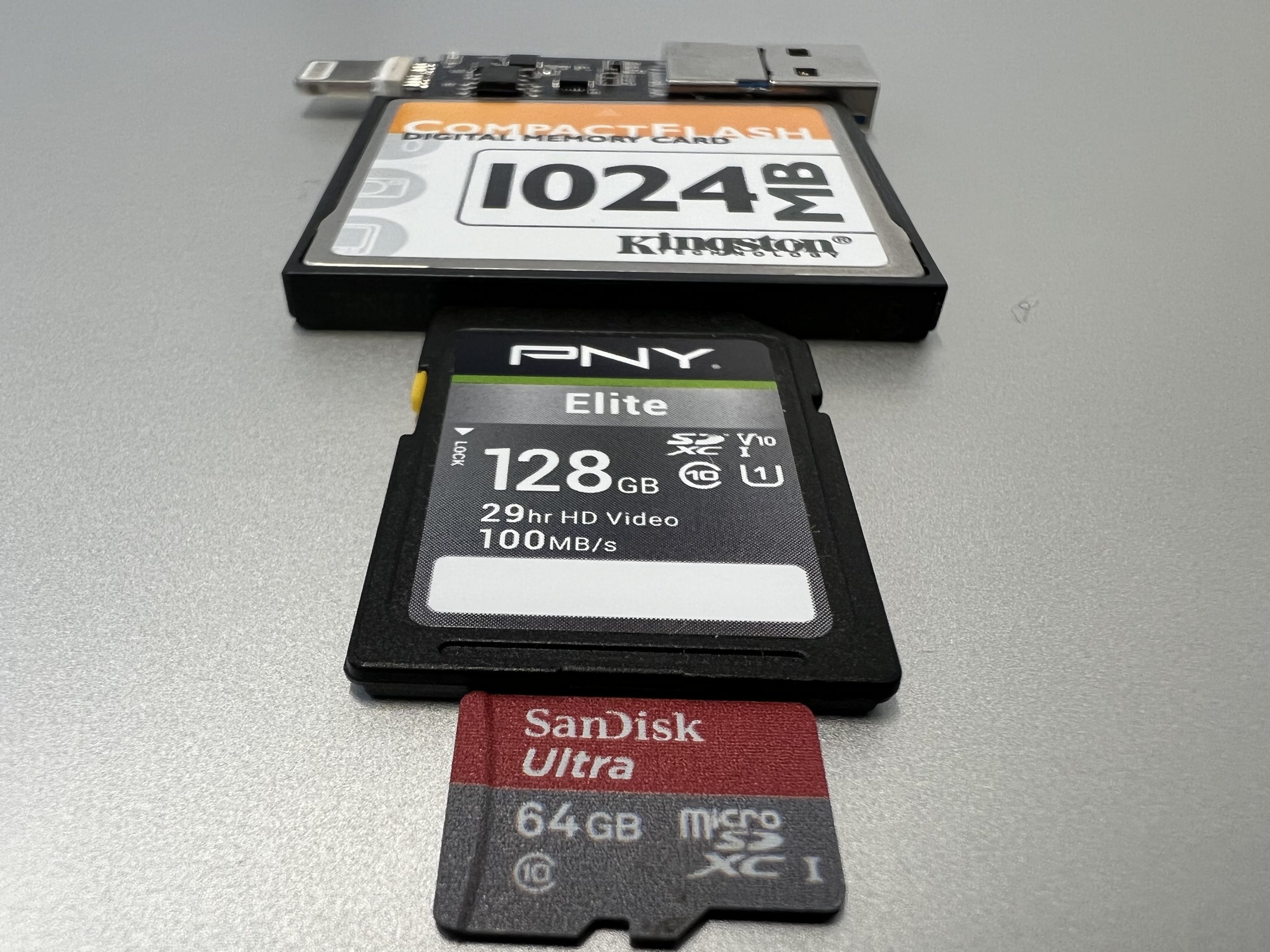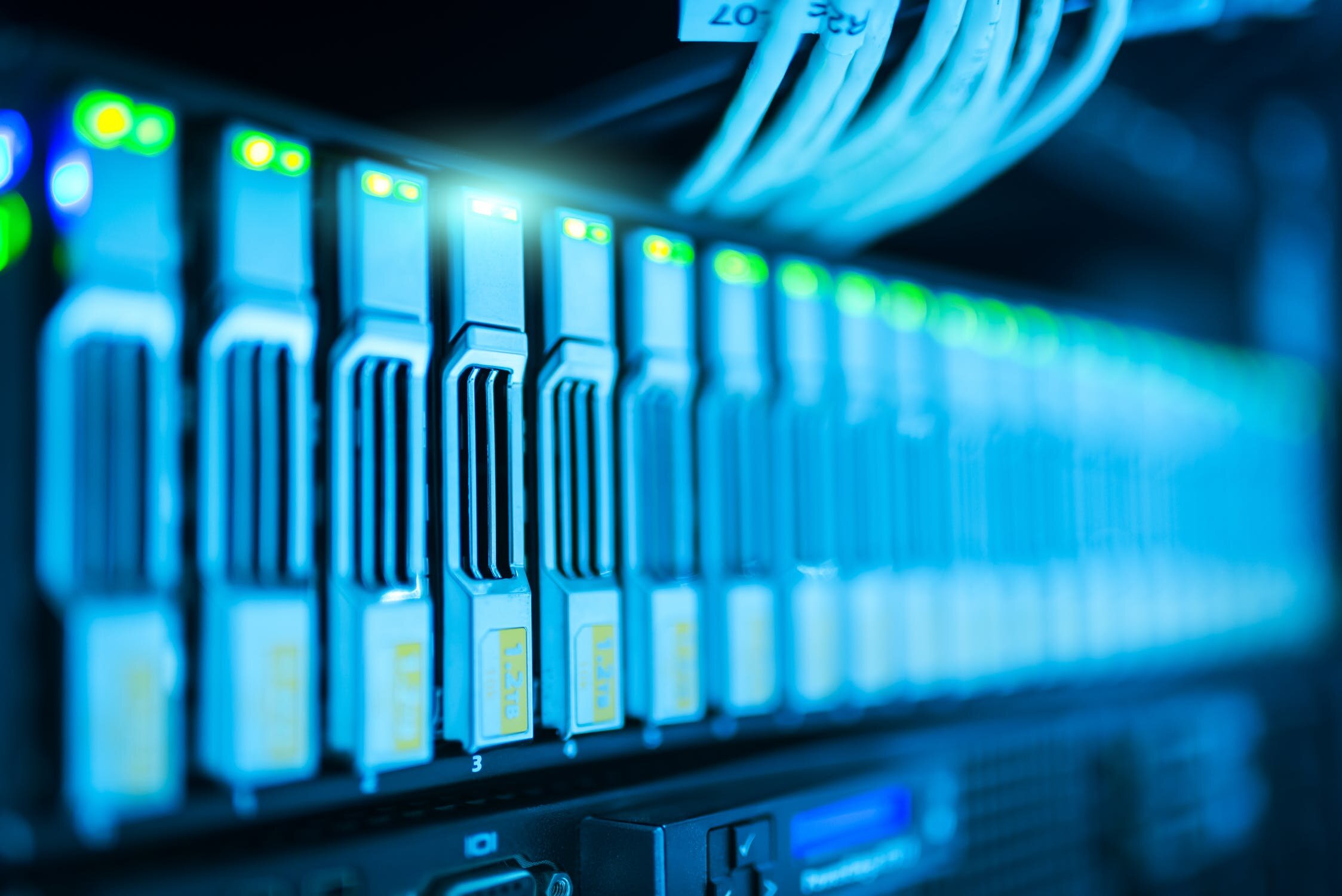data recovery.
We recover data from all storage devices and any file format, whether the data was lost due to hardware failures,
human error, malware, cyber attacks, or natural disasters.
Solid State Drives (SSDs) store their data in flash memory chips. SSDs provide faster performance and greater durability than traditional hard drives, but their complex architecture and proprietary technologies make them vulnerable to unique data loss issues.
SSD
Apple products are renowned for their sleek design, intuitive interfaces, and seamless integration across devices, offering a premium user experience. Yet, despite their advanced technology, data loss remains a possibility.
apple
Over the years, the storage capacity and reliability of hard drives have increased dramatically to meet the demands of storing increasingly large amounts of data. Unfortunately, hard drives fail just the same as any other electro-mechanical device, and, of course, accidents happen.
HDD
Servers are critical for storing and managing large amounts of data, making them vulnerable to data loss due to hardware failures, software corruption, cyberattacks, or human error. When a server fails or is compromised, it can result in significant data loss, affecting multiple users or systems that rely on it.
NAS (Network Attached Storage): NAS is a dedicated storage device connected to a network that allows multiple users and devices to access and share files. It often functions as a server specifically for file storage, providing centralized data access over the network.
RAID (Redundant Array of Independent Disks): RAID is a technology used to combine multiple hard drives into a single unit to improve performance, increase storage capacity, and provide redundancy. RAID can be implemented in both NAS devices and servers to enhance data protection and speed.
SAN (Storage Area Network): SAN is a high-speed network designed to provide access to consolidated, block-level storage. SANs connect servers to storage devices, allowing for high-performance, scalable storage solutions. Unlike NAS, which operates at the file level, SAN operates at the block level and is typically used for applications requiring high-speed data access.
server
Smartphones hold a vast amount of personal data, including contacts, call history, photos, videos, music, audio files, notes, documents, text messages, emails, app data, web browsing information, location data, social network messages, and more. Despite their advanced technology, data loss can occur due to accidental deletion, device failure, or physical damage from drops or water exposure.
smartphones
Flash memory devices are non-volatile storage solutions that retain data even when powered off. They use flash memory technology to provide fast read and write speeds, making them ideal for a wide range of applications, including USB drives, solid-state drives (SSDs), memory cards, and embedded memory in smartphones and tablets. Flash memory is known for its durability, compact size, and resistance to physical shock, which makes it a popular choice for portable and high-performance storage needs.
A virtual machine is a software-based simulation of a physical computer. It runs an operating system and applications just like a physical computer but operates in a self-contained environment. This allows multiple virtual machines to run on a single physical machine, each with its own operating system and resources.
virtual machine
A helium hard drive is essentially a traditional hard disk drive that’s hermetically sealed with helium inside instead of air. Helium is less dense than air, which reduces air resistance on the spinning platters and allows for more platters to be packed into the drive. This design offers several advantages, including improved performance, increased capacity, lower power consumption and quieter operation. Despite their advantages, these storage devices are still susceptible to failures and data loss.
helium hard drive
flash memory devices
Cloud computing allows access to resources like servers, storage, and software over the internet instead of locally hosting them. While it offers benefits like scalability, cost-efficiency, and remote accessibility, data stored in the cloud is still vulnerable to loss due to factors like accidental deletion, cyberattacks, or provider outages.









